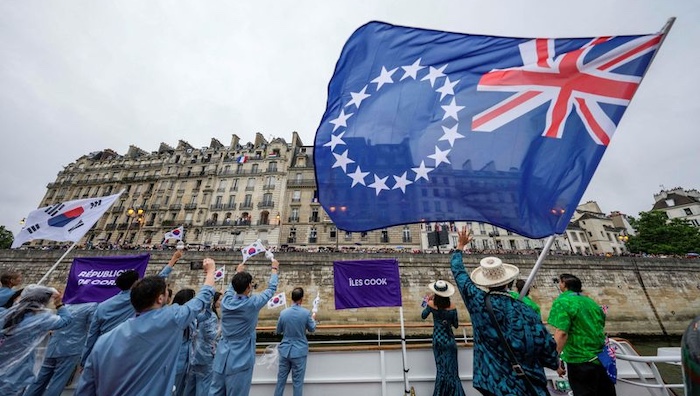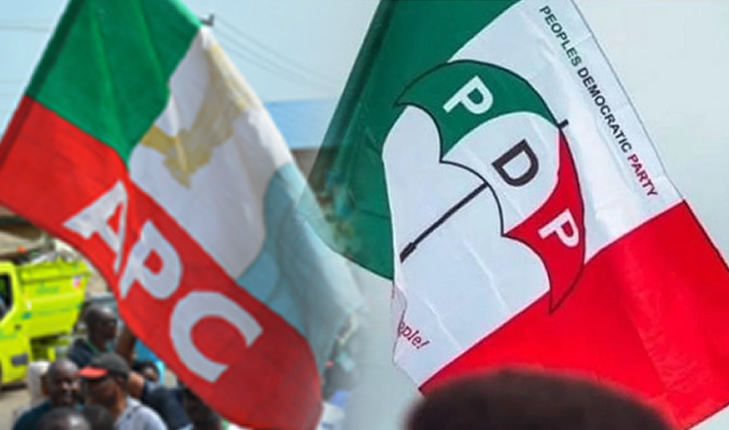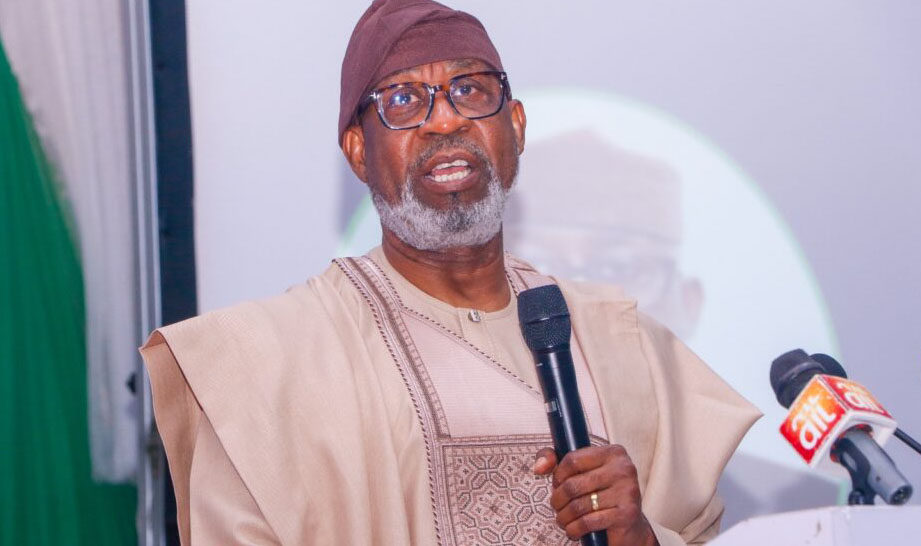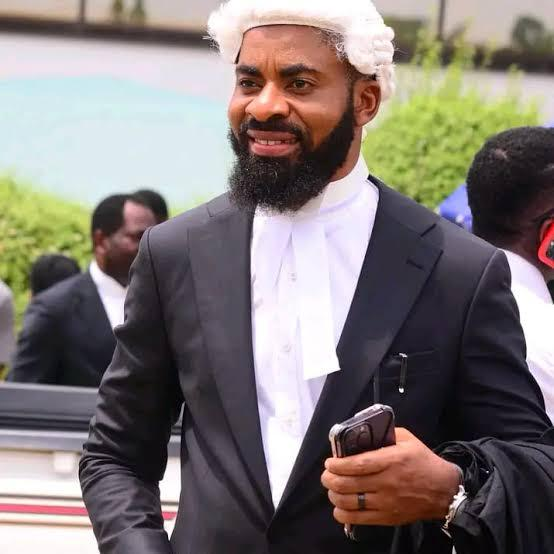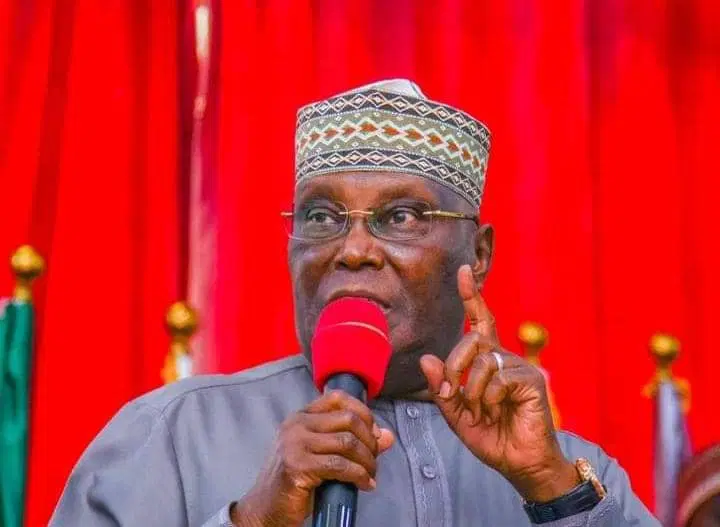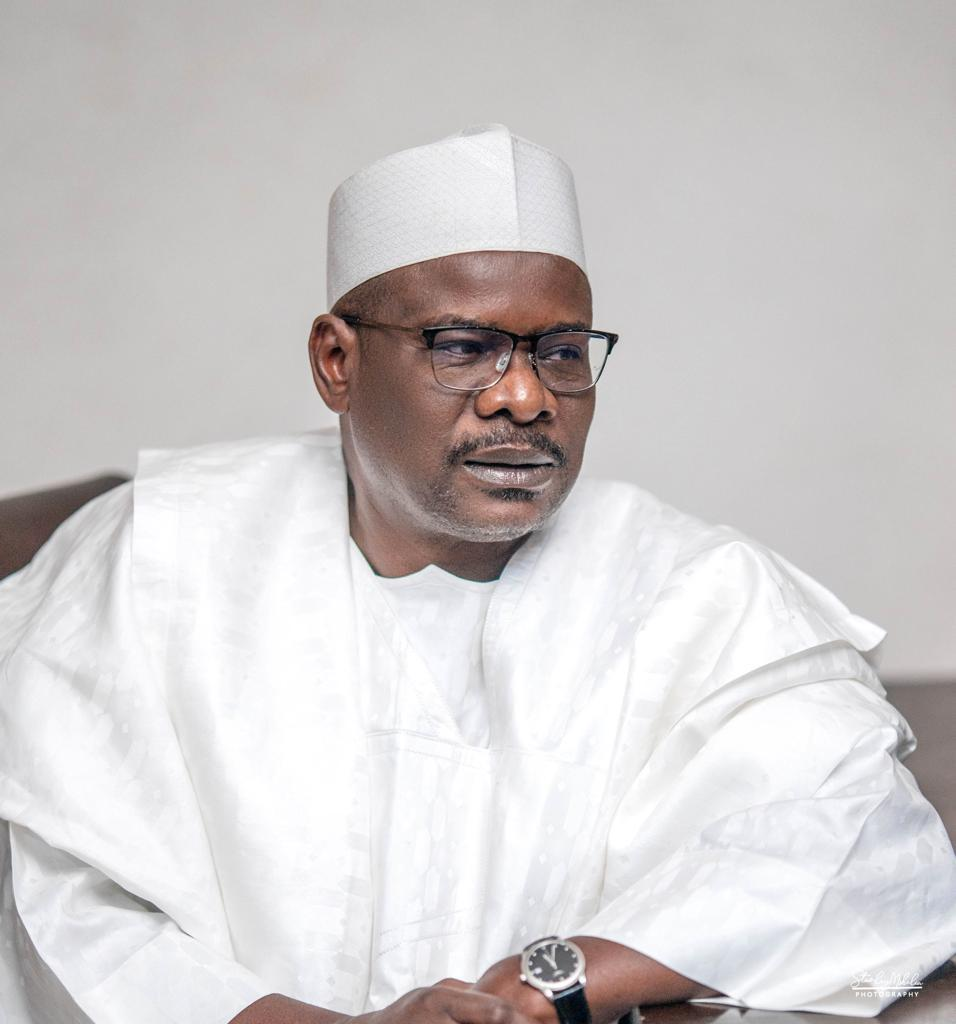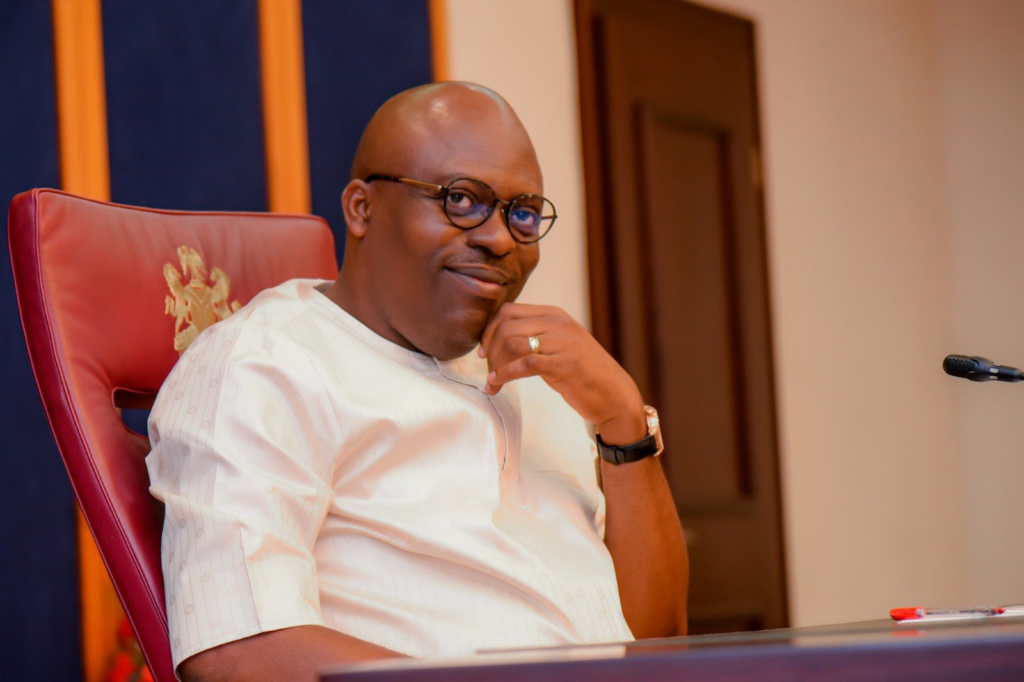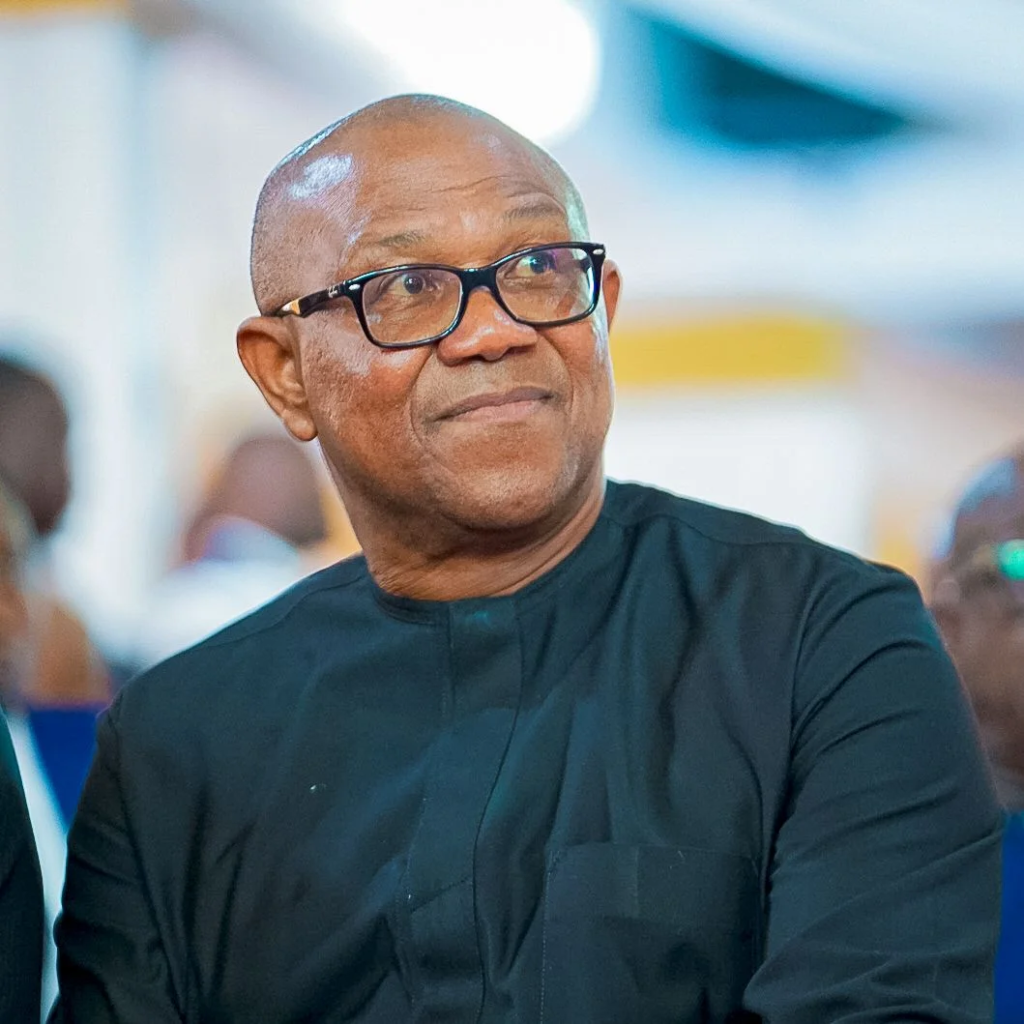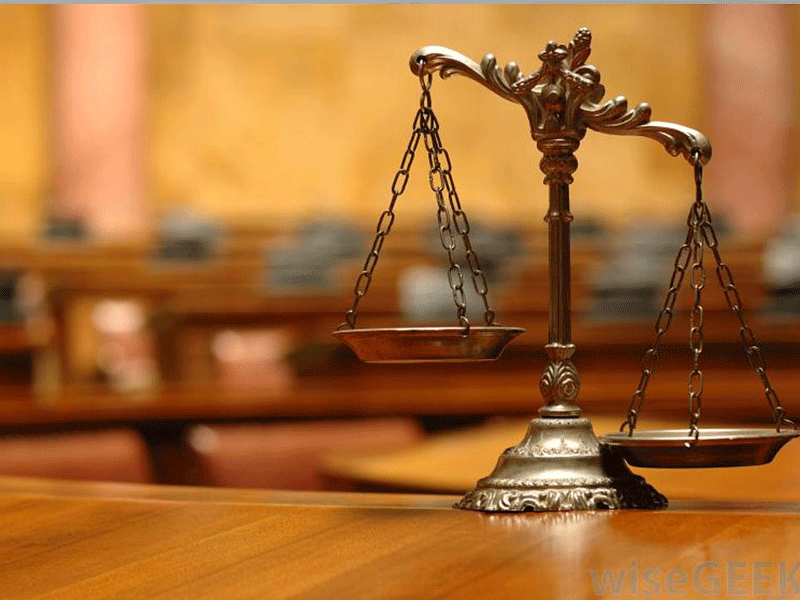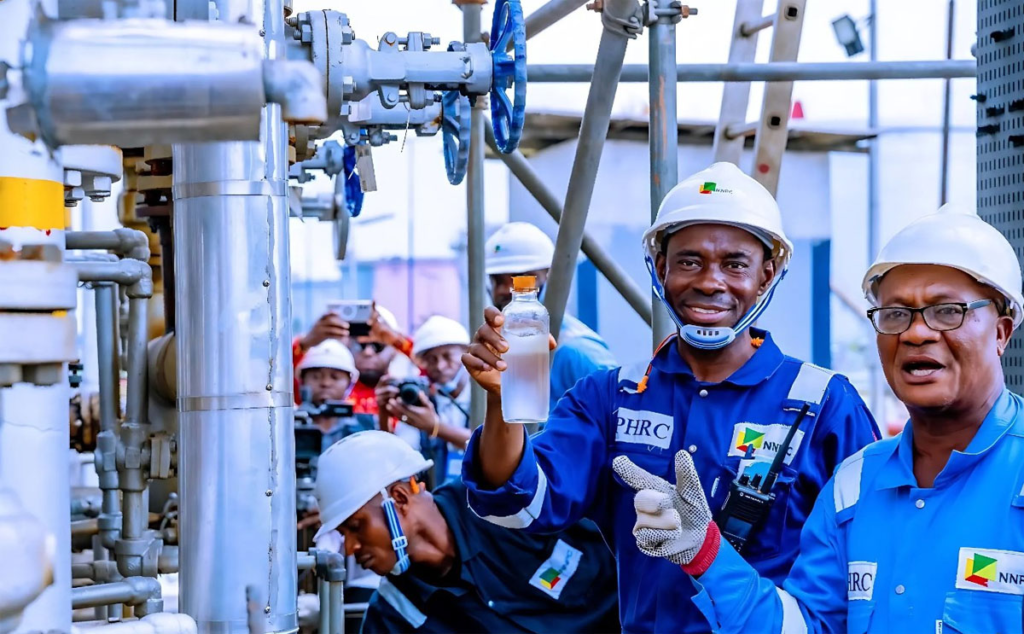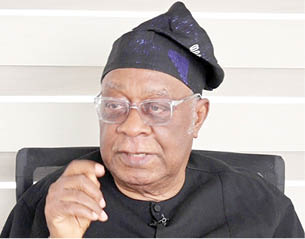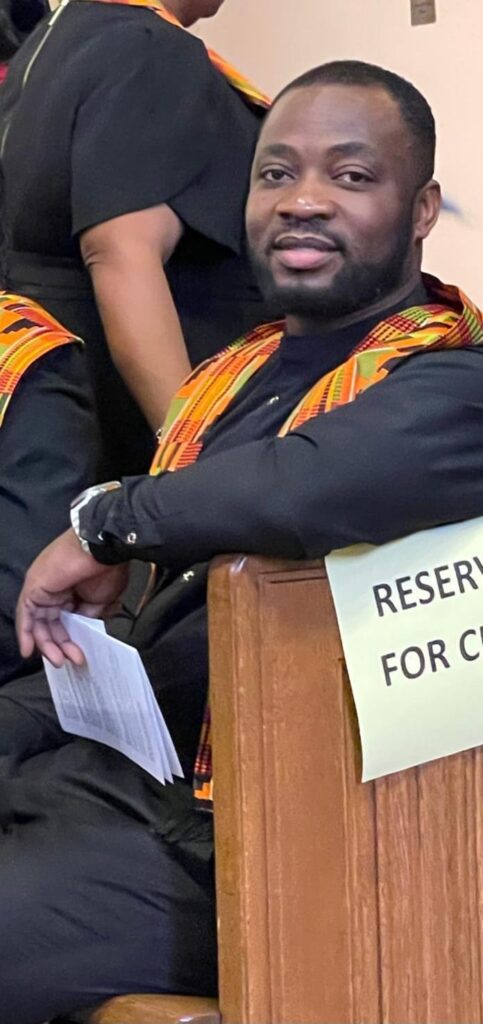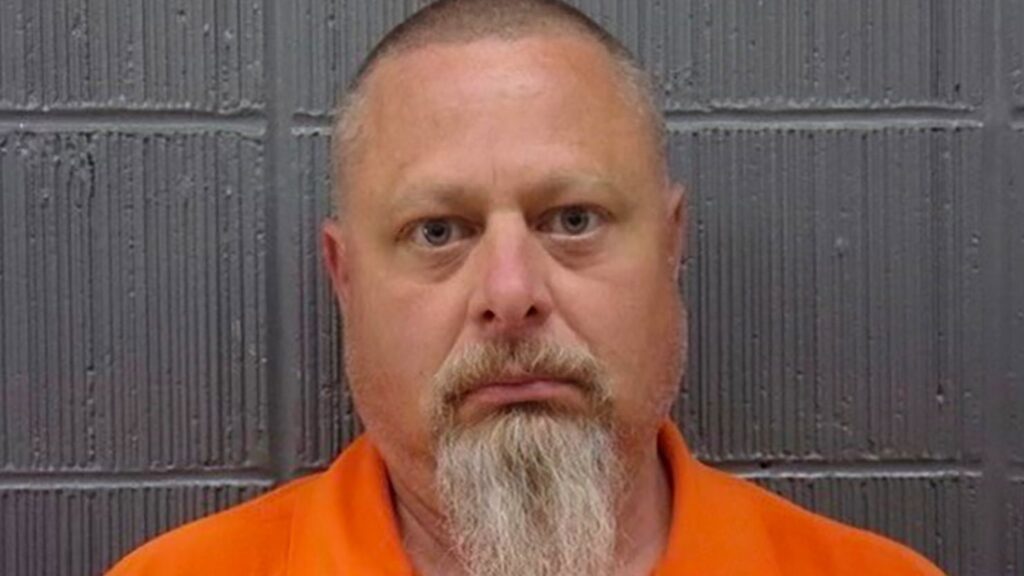Prime Minister Ariel Henry of Haiti has acquiesced to step down amidst escalating pressure and surging violence in the economically challenged nation. This decision follows a gathering of regional leaders in Jamaica on Monday, focused on deliberating a political transition in Haiti.
Currently stranded in Puerto Rico due to the obstruction by armed gangs preventing his return home, Mr. Henry addressed the nation in a video statement, urging Haitians to maintain composure. In his announcement of resignation, he declared, “The government under my leadership will promptly resign following the establishment of [a transitional] council.”
“I express my gratitude to the Haitian people for the opportunity they afforded me. I implore all Haitians to maintain calm and contribute to the restoration of peace and stability at the earliest possible instance.”
Mr. Henry, who assumed leadership ostensibly on an interim basis since July 2021 following the assassination of former President Jovenel Moïse, faced criticism for repeatedly delaying elections, citing the need to first restore security.
Concerns arose among many Haitians about his extended governance without an elected president in place.
The streets of the capital, Port-au-Prince, have witnessed an increased stranglehold by heavily armed gangs, who not only attacked the main prison, facilitating the escape of thousands of inmates but also demanded the resignation of the unelected prime minister.
A month-long state of emergency has been declared in the capital, Port-au-Prince, and its surrounding region, with an extended curfew in effect.
Matthias Pierre, a former elections minister in Haiti, revealed the news of Mr. Henry’s resignation on BBC’s Newsday program before it was officially confirmed. He characterized the current state of the country as “extremely precarious.”
“The police force is in a weakened state, with over 40 police stations destroyed. The army is severely limited and inadequately equipped, while gang members control a significant portion of downtown Port-au-Prince and some government facilities. The situation is dire, with imminent shortages of food, medication, and essential medical support.”
According to Mr. Pierre, the gangs are now advocating for inclusion in any potential new power-sharing arrangement. He emphasized that achieving a political settlement would be unattainable without the “support” of an international armed force.
While in Kenya to finalize a deal regarding the deployment of an international security force aimed at addressing the surge in violence, Mr. Henry faced a coalition of gang attacks on police stations and the storming of two major prisons in Haiti.
The attempted landing of Mr. Henry’s plane was thwarted amidst sustained attacks at Haiti’s international airport. His resignation, anticipated for several days, aligns with the clear stance of the Caricom group of Caribbean nations, asserting that he posed an obstacle to Haiti’s stability. The group insisted on his stepping down to pave the way for the initiation of a transitional council.
Initially, the White House aimed for Mr. Henry’s return to Haiti to oversee the transitional process. However, the intensified fighting in the country prompted a shift in Washington’s stance in recent days.
Facing a lack of support from both the US State Department and neighboring nations, Mr. Henry found himself with no viable option but to resign.
Despite expressing a desire to return to Haiti, Mr. Henry’s return is contingent on an improvement in the security situation, as indicated by the US delegation present at the talks in Kingston on Monday.
A senior US official disclosed that Mr. Henry had made the decision to step down on Friday but delayed the official announcement to facilitate talks.
US Secretary of State Antony Blinken pledged an additional $100 million (£78 million) to the anticipated 1,000-strong UN-backed security force, which Kenya is expected to lead in Haiti.
After Secretary of State Antony Blinken’s announcement, the proposed US contribution to the security force has now increased to $300 million, with an additional $33 million earmarked for humanitarian aid.
Chairman of the Caricom group and Guyana President Irfaan Ali, speaking after the meeting, stated, “We acknowledge his resignation upon the establishment of a transitional presidential council and the appointment of an interim prime minister.”
President Ali outlined that the transitional presidential council would comprise two observers and seven voting members, representing various coalitions, the private sector, civil society, and one religious leader.
The council has been tasked with promptly appointing an interim prime minister, and President Ali emphasized that individuals intending to run in Haiti’s upcoming elections would be ineligible to participate.
The establishment of the council is seen as a pivotal step towards holding the first elections in Haiti since 2016.



